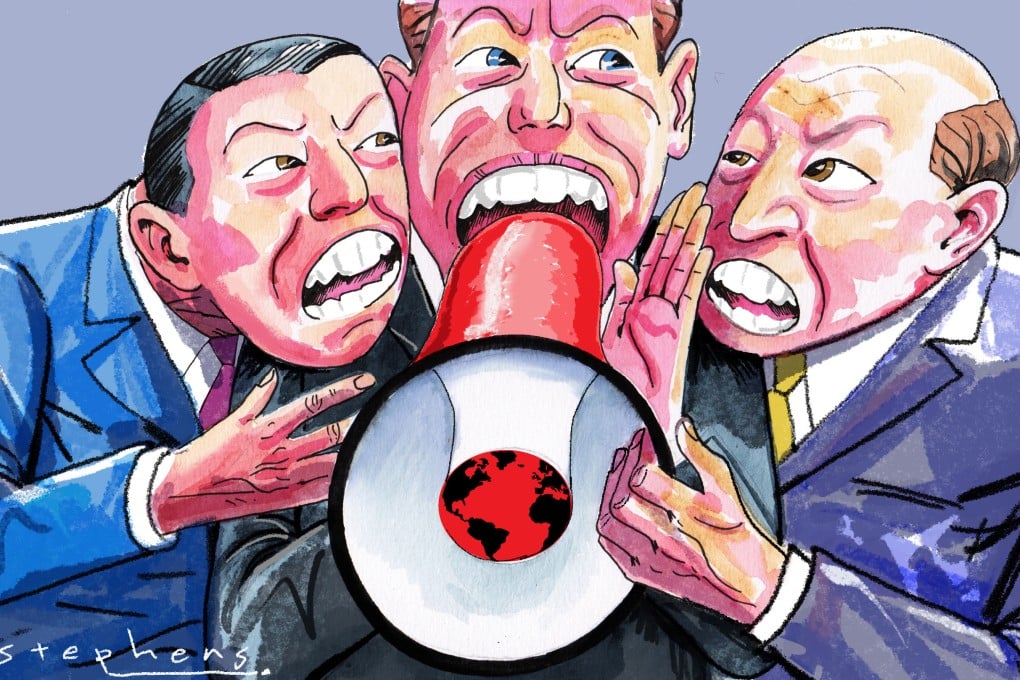Advertisement
Opinion | The West needs to brace for the Great Reset as new voices challenge the established world order
- China’s rise and America’s failings have shifted world opinion and set the scene for Asia and the rest to clash with the US and Europe over ideologies and values
- As geopolitical tensions rise, a Hong Kong used to Western voices will benefit by more deeply understanding Asian perspectives
Reading Time:3 minutes
Why you can trust SCMP
42

We have entered the Age of the Great Reset. We are likely to come out at the other end with a world quite different from the one we have become used to. Let’s hope it will be a better one.
The perspectives of non-Western experiences are increasingly being articulated and heard, and new voices are challenging the dominant narratives.
History can explain the collision of ideologies and values between the East and West, and between the North and South.
Advertisement
The second world war was followed by a period of decolonisation in the Asia-Pacific and Africa between 1945 and the 1970s. Many new nations struggled to establish stability after long periods of imperial rule when their land, resources and labour were exploited.
Civil war broke out in China after Japan was defeated. Just as in much of Asia, Chinese people were dirt poor when the People’s Republic was created in 1949 and they remained among the poorest in the world until relatively recently.
The era of decolonisation coincided with the Cold War, a period of intense rivalry between the United States and Soviet Union. America was wary of Soviet communism and its expansion, and the USSR resented the US for its policy of containment to check its power.
Advertisement
Select Voice
Choose your listening speed
Get through articles 2x faster
1.25x
250 WPM
Slow
Average
Fast
1.25x
